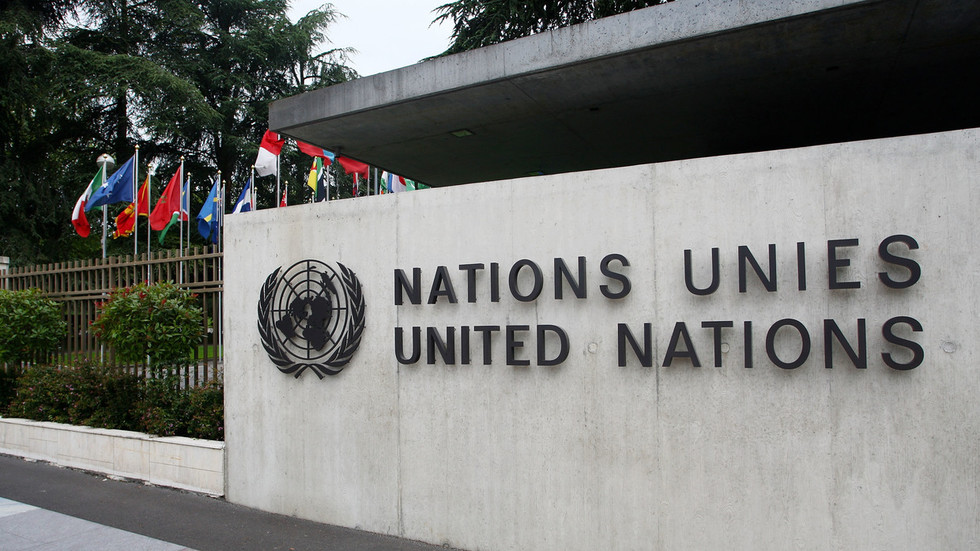
Up to 80 million people will be plunged into hunger if climate targets are not met, a top official has warned

The United Nations emblem is seen in front of the United Nations Office (UNOG) on June 8, 2008 in Geneva, Switzerland © Getty Images / Johannes Simon/Getty Images
The world is advancing toward a catastrophic future where tens of millions of people will be at risk of famine unless climate change is adequately addressed, the United Nations’ human rights chief warned at a debate on Monday.
Speaking to officials at the UN Human Rights Council event in Geneva, Switzerland, Volker Turk said extreme weather events were having a significant negative impact on crops, herds and ecosystems, prompting further concerns about global food availability.
“More than 828 million people faced hunger in 2021,” Turk said. “And climate change is projected to place up to 80 million more people at risk of hunger by the middle of this century.”
He added: “Our environment is burning. It’s melting. It’s depleting. It’s drying. It’s dying” and that these factors will combine to lead humanity towards a “dystopian future” unless urgent and immediate action is taken by environmental policymakers.
Under the terms of the 2015 Paris Agreement, often referred to as the Paris Climate Accords which adopted by 196 parties at the time, signatories agreed to cap global warming below 2 degrees Celsius above the 1850-1900 levels – or to 1.5 degrees Celsius if possible.

Read more
It is predicted that current policies could contribute to a 2.8 degree increase by the end of the century, according to the UN’s Intergovernmental Panel on Climate Change (IPCC).
However, Turk said that there is still time to act so as not to “deliver this future of hunger and suffering to our children, and their children. And we don’t have to.”
He added: “We, the generation with the most powerful technology tools in history, have the power to change it.”
Turk was also critical of world leaders who “perform the choreography” of acting to mitigate climate change but then “get stuck in the short term” when confronted by how climate policies might impact tangentially-linked industries like fossil fuels – which are often bolstered by government subsidies.
In his comments, Turk also called for an end to “greenwashing”, in which a company might deceive consumers by overstating a product’s sustainability or understate its impact on the environment. He was also critical of figures who deny “climate science.”
The United Nations Human Rights Council’s 53rd session ends on July 14.




